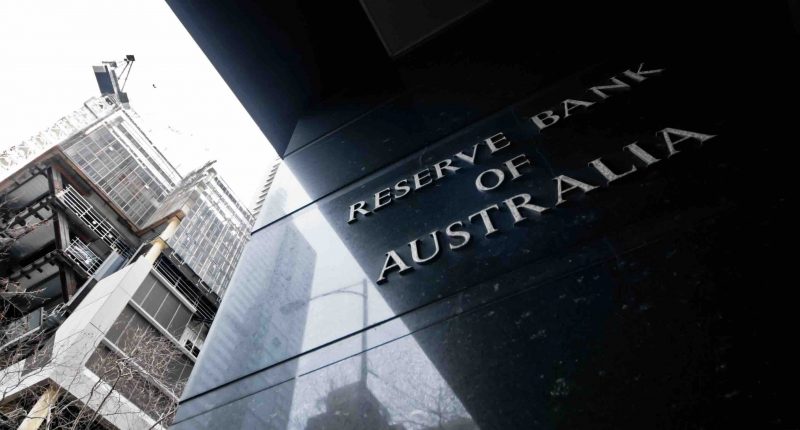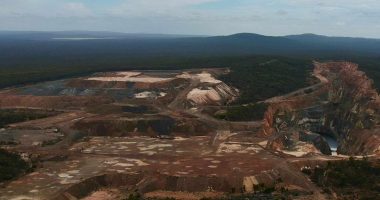The Reserve Bank of Australia has today cut interest rates by 0.25 points, to 4.1%, in a widely expected move, finally getting the ball rolling on interest rate reversals.
Listen to the HotCopper podcast for in-depth discussions and insights on all the biggest headlines from throughout the week. On Spotify, Apple, and more.
The democracy Down Under has lagged behind the U.S. in its inflationary spiral and – perhaps unsurprisingly – has been among the last developed economies to cut their rates.
Now, we’re in line with our peers… in the sense of getting the ball rolling, at least.
Even our sister counterpart New Zealand started cutting, but to be fair, NZ had a ‘real’ or technical recession (compared to Australia’s per-capita recession).
This comes as Oz inflation – at the Trimmed Mean Inflation (TMI) or ‘core’ level – sits just two pips above the upper target band of 2% to 3%.
Everybody called a Feb cut
The RBA’s decision validates analysts and economists from just about every large player in the Australian financial sector: Most who dared to forecast widely called a February chop.
Before the latest inflation data, there was a 100% chance baked in for April on money markets – but beliefs that the RBA would cut rates in February 2025 go back to the middle of last year.
(Full disclosure: I’ve written more than once they probably wouldn’t happen.)
But this RBA story isn’t over. As more than one analyst has conversely offered, Australia’s job market remains firm at a level where, at least using pre-COVID-19 ideas of economics, one may expect inflationary upside pressure to remain.
Relief for mortgage holders
The news is likely to be of foremost psychological relief to mortgage holders whose lives have been made financially harder through COVID and in more recent times through rising insurance costs.
The good news is the cuts come without having been preceded by any kind of mass mortgage default crisis in Australia.
The Australian consumer, or at least those who’ve been lucky enough to be closer to the middle of the spectrum, has been surprisingly resilient.
More market news
Here, finally – Chemist Warehouse’s $34B backdoor ASX listing has gone through
Ouch – Trump tariffs could hit Oz steel, aluminium to the tune of 25%
While Bendigo pointed to an expected rise in mortgage arrears in its sentiment-tanking earnings report on Monday – this has been a recurring theme across many bank earnings reports in recent years – the country’s property market looks intact for now.
The question now is how long the falling feather effect will take to kick in. When Canada cut rates ahead of the U.S. in 2024, the TSX took a while to really respond. The same was true for Europe and the U.K.
The U.S. was more immediately exciting. Of course, Wall Street is senseless to compare.
Join the discussion: See what’s trending right now on Australia’s largest stock forum and be part of the conversations that move the markets.
The material provided in this article is for information only and should not be treated as investment advice. Viewers are encouraged to conduct their own research and consult with a certified financial advisor before making any investment decisions. For full disclaimer information, please click here.






-1200x645-380x200.jpg)
